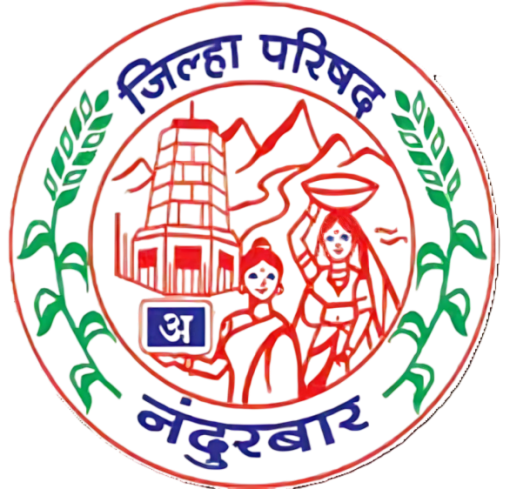Rural Water Supply Department
Office Introduction
Office Name – Rural Water Supply Department
Office Head – Executive Engineer
Area of Work – Rural Area of the District
Main function of the department – To provide clean and unpolluted drinking water facilities to the people of rural areas by implementing various water supply schemes on a demand-based basis through public participation.
Goal
Every rural household is supplied with adequate quantity of drinking water of prescribed quality on a regular and long-term basis at affordable service delivery charges, thereby improving the quality of life of rural communities.
Mission
1) To ensure safe drinking water to every rural household and public institutions on a long-term basis, including government buildings,
schools, Anganwadi centers, health centers, etc.
2) States/UTs to create water supply infrastructure to ensure that every rural household has a functional tap connection and adequate
quantity of water of prescribed quality is regularly provided by 2024.
3) To empower Gram Panchayats/Rural Communities to plan, implement, manage, own, operate and maintain their own village water supply
systems. To enhance the capacity of stakeholders and create awareness in the community about the importance of water for improving the
quality of life.
4) Stakeholders should strive to improve water quality in the community and create water awareness.
5) Providing financial assistance to the States/Central Governments for effective implementation of the Mission.
Objectives
1) The overarching objective of the mission is to provide piped water connection to every rural household.
2) Provision of piped water connections in water quality affected areas, villages in drought-prone and desert areas, Sansad Adarsh Gram
Yojana (SAGY) villages, etc.
3) Monitoring the efficiency of tap connections to provide functional tap connections to schools, Anganwadi centers, government buildings,
health centers, community buildings.
4) Promoting and ensuring voluntary ownership in the local community through contributions in cash, goods, labor, and volunteer labor
(shramdan).
5) To ensure the sustainability of the water supply system, i.e., funding for water sources, water supply infrastructure and regular
maintenance.
6) Empowerment and development of human resources in areas such as construction, plumbing, electrical, water quality management, water
treatment, watershed protection, maintenance and repair, etc. will take care of the short and long term demands.
7) To create awareness about the various aspects and importance of safe drinking water.
Components of Jal Jeevan Mission
1) To develop piped water supply infrastructure in villages to provide piped water connection to every rural household.
2) Developing reliable sources of drinking water and/or augmenting existing sources to ensure long-term sustainability of the water supply
system.
3) Where necessary, large-scale water transfer, treatment plants and distribution networks for every rural household
4) Technical interventions to remove contaminants where water quality is a problem.
5) To undertake corrective reconnection of completed and ongoing schemes to provide piped connections at a service level of at least 55
LPCD.
6) Greywater management
7) Support activities, e.g. IEC, HRD, training, development of utilities, water quality laboratories, water quality testing and
surveillance, research and development, knowledge centers, capacity building of communities, etc.
8) Any other unforeseen challenges/problems arising out of natural calamities/disasters affecting the target of providing piped water to
every household by 2024, as per the guidelines of the Ministry of Finance on Flexi Fund.



